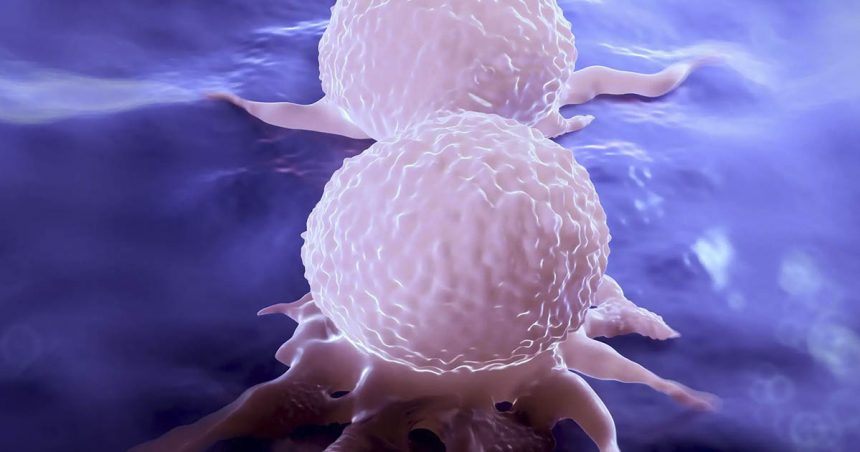A groundbreaking discovery by a research group at the University of Basel has revealed that the loss of the NF1 gene leads to resistance to the drug alpelisib, used in the treatment of advanced breast cancer. However, the researchers found that the dietary supplement N-acetylcysteine restores sensitivity to this treatment in cancer cells lacking NF1. This promising finding has been published in Cell Reports Medicine.
Researchers Discover Dietary Supplement That Improves Breast Cancer Treatment
Resistance to cancer treatments is a common challenge, with some tumors developing resistance to medications like alpelisib. The research group at the University of Basel identified that loss of the NF1 gene is responsible for this resistance. By administering N-acetylcysteine, they were able to restore sensitivity to alpelisib in NF1-deficient cancer cells.
“As N-acetylcysteine is a safe and widespread additive, this result is highly relevant for clinical research,” says Professor Mohamed Bentires-Alj, leading the research group.
How It Works
The study revealed that NF1 regulates the expression of key proteins, P-glycoprotein and MDR1, which are necessary for alpelisib to enter cancer cells and induce cell death. N-acetylcysteine was found to restore sensitivity by modulating autophagy, a crucial process for cell survival, and acting as an antioxidant to protect against DNA damage.
Where is N-acetylcysteine Found?
N-acetylcysteine is an amino acid commonly used as a supplement and found in foods like meat, eggs, and dairy products. It has been proposed for various conditions but further evidence is needed.
- Asthma
- Emphysema
- COPD (chronic obstructive pulmonary disease)
- Cystic fibrosis
- Pneumonia
- Liver disease
- Sore throats and colds
- Bronchiolitis (infection of airways)
- Cytomegalovirus infections
Aside from supplements, N-acetylcysteine is used in some foods and beverages.
Next Steps
The researchers are optimistic about the potential of N-acetylcysteine in improving breast cancer treatment outcomes. Larger trials are planned, with hopes for clinical approval. Women with breast cancer are advised to discuss N-acetylcysteine with their oncologists.
Sources
- “Dietary supplement N-acetylcysteine helps overcome treatment resistance in breast cancer.” News-Medical.net. April 11, 2023.
- “Dietary Supplement Could Improve Breast Cancer Treatment.” Scitech Daily. University of Basel. April 20, 2023.
- “Dietary Supplement May Help Combat Drug-Resistant Breast Cancer.” Technology Networks
- “Cysteine” Mount Sinai. Accessed May 12, 2023.
- “N-Acetylcysteine.” MSKCC






